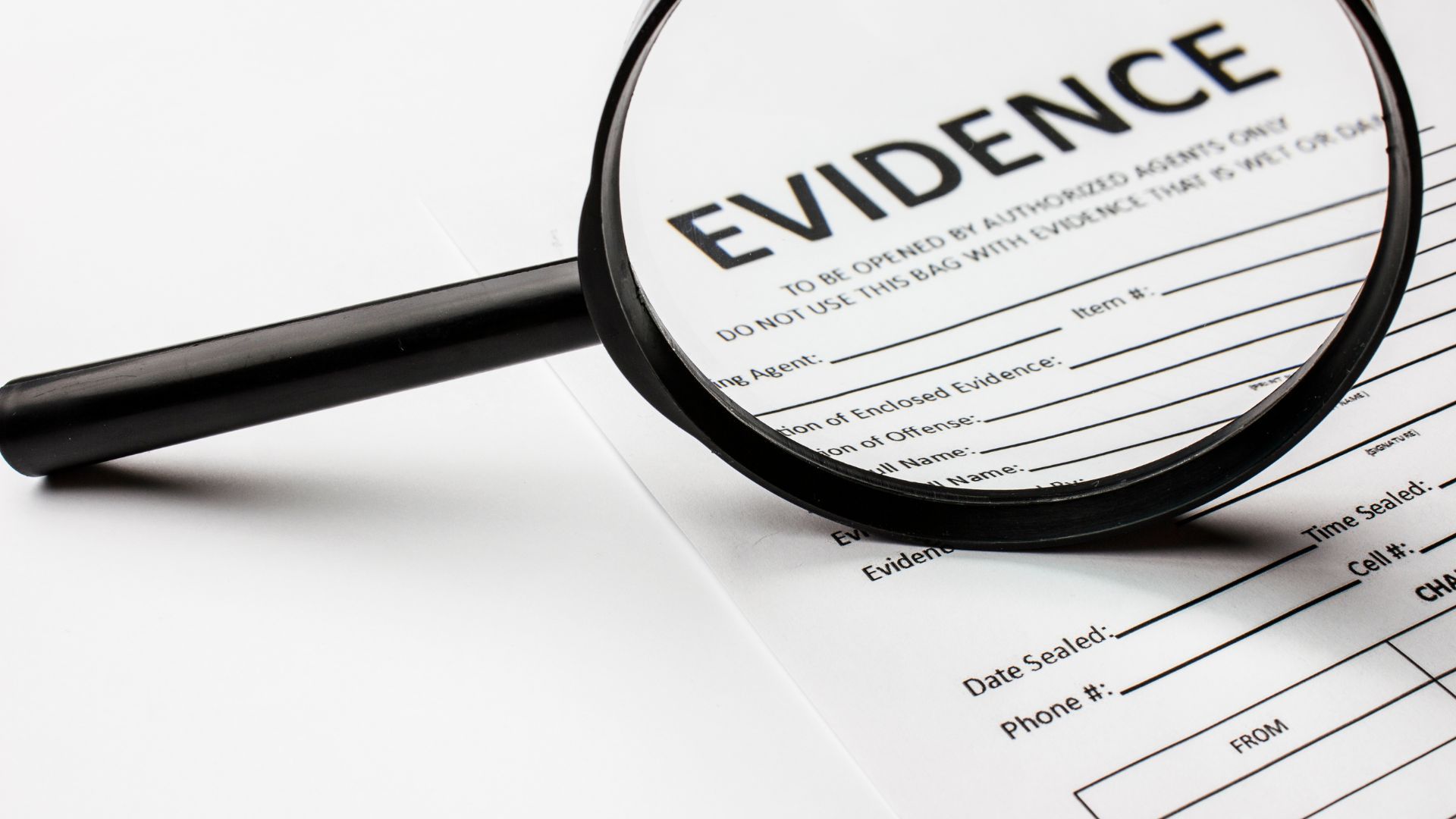Client Login
×Practice Areas
Common Questions About Prenuptial Agreements
If you’re in a serious relationship and are considering getting married, you’ve probably heard of, or might be interested in learning more about, prenuptial agreements. They’re often the punchline of jokes and are seen by some as a pre-planned lack of commitment, but it’s important to fully understand them before taking a stance and determining whether they’re right for you and your partner.
In this post, we’ll explain the basics of prenuptial agreements and answer some of the most common questions we’ve heard about them. If you have any questions or would like to speak to a family law attorney , contact The Fairell Firm. Our experienced attorneys will help you understand your options and find a solution that benefits you and helps you work toward the best possible outcome for your family.
What Is a Prenuptial Agreement?
Let’s start with the basics. Also known as an antenuptial agreement or a premarital agreement, a prenuptial agreement is a contract between you and your future spouse specifying what will happen in the event that you decide to divorce. Prenuptial agreements are commonly created in order to protect assets owned before the marriage and, more generally, to reduce the amount of time and money required to dissolve the marriage. They can also be used to determine shared custody of pets, handling and division of debt, and specify how other circumstances unique to the couple should be handled.
Are Prenuptial Agreements Legally Binding?
Yes, prenuptial agreements are legally recognized in Georgia and are legally binding documents, which is why it’s so important to understand the implications of signing your name on the dotted line. In order to be legally binding, prenuptial agreements need to be signed by both parties, signed and witnessed by two individuals, and filed in the county in which you and your future spouse reside within three months.
Are Prenuptial Agreements Only Necessary for Wealthy Individuals?
Not necessarily. Although prenuptial agreements are common when individuals who own high-value assets enter into a marriage, many young people are beginning to view them as a form of insurance that protects their future selves from unexpected changes in the relationship.
Can Prenuptial Agreements Be Created After Marriage?
Yes, although the terminology is different after you and your spouse have been married. The same form of contract is known as a postnuptial agreement if it is created after the marriage has been legally recognized.
Can a Prenuptial Agreement Be Changed?
Yes, prenuptial agreements can be changed. It’s not at all uncommon for couples to update their agreements as their circumstances and relationship changes, and most agreements have a clause specifying how and when they can be modified. Just as it’s important for a will to reflect your values and account for your circumstances, it’s just as important for a prenuptial agreement to account for major changes that have occurred since it was signed. However, because prenuptial agreements are legally binding documents, they will need to be amended by an attorney who can make sure that the proper processes are followed and that the terms of the amended agreement are permissible according to Georgia law.
Work With Our Family Law Attorneys
If your spouse has asked you to sign a prenuptial agreement, you’re considering asking your partner to sign one, or you need help navigating another complexity of family law, know that The Fairell Firm is only a phone call away. As experienced family law attorneys who handle divorce , child support , child custody , and more, we can provide you with guidance and support so that you can make an informed decision that best suits your family’s needs.
If you found this post useful and would like to learn more about family law, we invite you to read the rest of our blog , follow us on Facebook , and check out our YouTube channel. On our Facebook page, we regularly host live Q&A sessions and answer questions both anonymously and live in our chat, so don’t hesitate to drop by and ask us for advice if you have any questions about prenuptial agreements or any other area in family law.
For more detailed information specific to your circumstances, please contact our office by phone or by filling out our online contact form to schedule a consultation.
Recent Blog Posts
This website has been built to be accessible for all users. If you experience any difficulty in accessing this website, please contact us for assistance.









